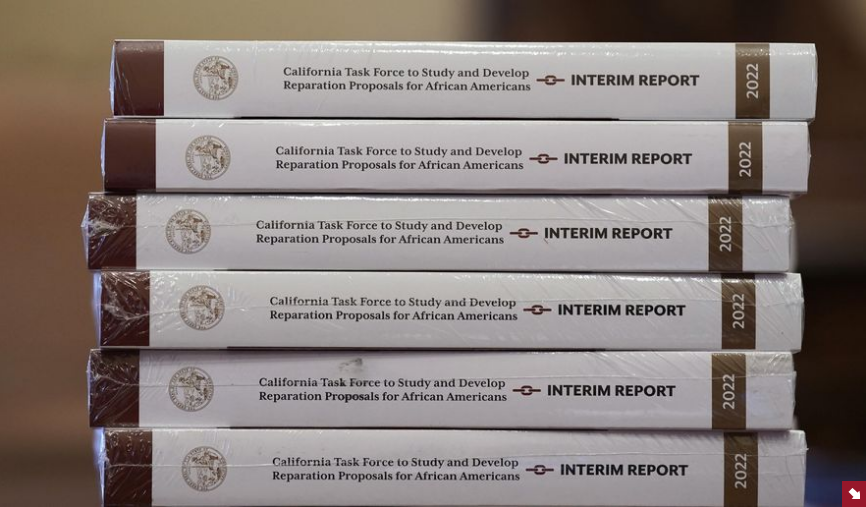Join CRA TODAY!

There is no “US” Without You!
Thank you for visiting us here at the online headquarters for THE CALIFORNIA REPUBLICAN ASSEMBLY.
If you find value in the work we are doing to help fight for conservative values here in the Golden State, PLEASE BECOME A MEMBER TODAY!
OPINION (WASHINGTON TIMES) – It was reported recently that a California task force will recommend giving $223,200 each to all descendants of slaves in California to remedy “housing discrimination” between 1933 and 1977. The total cost to California taxpayers would be about $559 billion, or more than California’s entire annual budget.
That’s just a start. The task force has identified four other areas that might warrant reparations in the future — mass incarceration, unjust property seizures, devaluation of businesses and health care.
Unfortunately for the task force, its recommendation is probably unconstitutional.
The Supreme Court has said that race-based remedies are allowed only when they target the current effects of the government’s own widespread discrimination in the relatively recent past. In Richmond v. J.A. Croson, the high court ruled that the government cannot provide race-based “remedies that are ageless in their reach into the past.”
In Hammon v. Barry, the D.C. Circuit Court of Appeals struck down an affirmative-action plan for Black people in which the discrimination occurred 18 years earlier. Similarly, in Brunet v. City of Columbus, the 6th Circuit Court of Appeals stated that “conduct that occurred at least 14 years before” an affirmative-action consent decree was “too remote to support a compelling governmental interest to justify the affirmative action plan” before it.
Moreover, race-based remedies can be used to remedy only the government’s discrimination, not “societal discrimination,” such as discrimination by private landlords or housing providers. In rulings such as Coral Construction Co. v. King County (1991), the federal appeals court in California has made clear that the government can’t impose racial preferences, unless it is necessary to remedy recent widespread discrimination.

